Constitution Daily Blog
20th Amendment
What happens on Inauguration Day
On Monday, Jan. 20, 2025, Donald Trump becomes the 47th President of the United States. Here is a look at some facts about the…

10 fascinating facts about Presidential inaugurations
Donald Trump becomes the 47th President of the United States shortly after 12 p.m. on Monday, Jan. 20, 2025. Here is a look at…
The Electoral College’s Role in the 2024 Election
On Tuesday, Nov. 5, 2024, voters from around the country will complete the process of choosing electors who will pick the next…
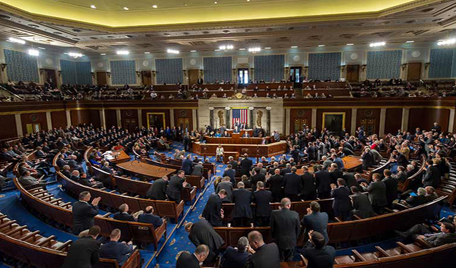
Five little-known men who almost became president
What do Benjamin Wade, Willie P. Mangum and John Nance Garner all have in common? If not for a last-second decision, or a twist of…
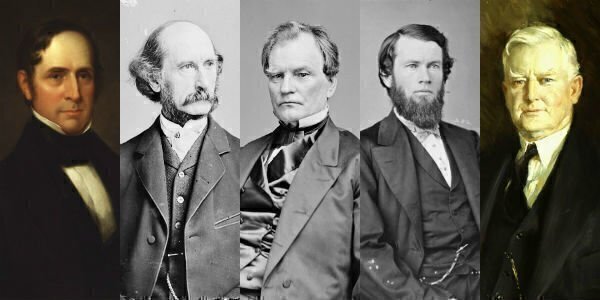
The forgotten man who almost became President after Lincoln
On April 15, 1865, President Abraham Lincoln died from his assassin’s wounds. But if John Wilkes Booth’s plot were entirely…
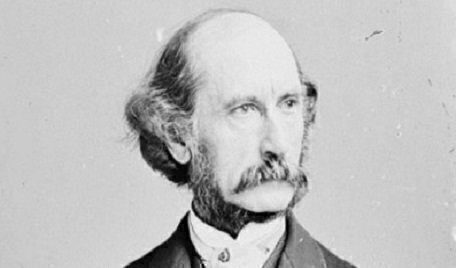
On this day, government begins under our Constitution
It was on this day in 1789 that the federal government started to operate under the terms of the U.S. Constitution, as the…
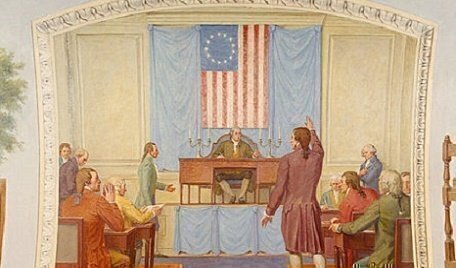
10 people who very nearly became president
Constitution Daily looks at two “what if” scenarios that would have given us 10 different Presidents through history. What…
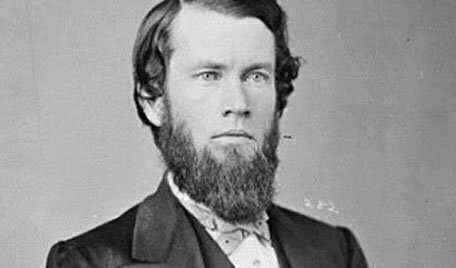
A List of Electoral College Count Resources
On Wednesday, January 6, 2021, Congress will meet as required by the Constitution to certify the winner of the presidential…

The Constitution and contested presidential elections
The Electoral College is a uniquely American institution and no stranger to controversy. But legally contested presidential…
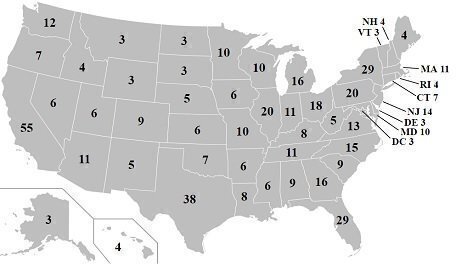
Does the Constitution allow for a delayed presidential election?
As America battles the COVID-19 virus, speculation has started that a prolonged public health crisis could delay or even postpone…








